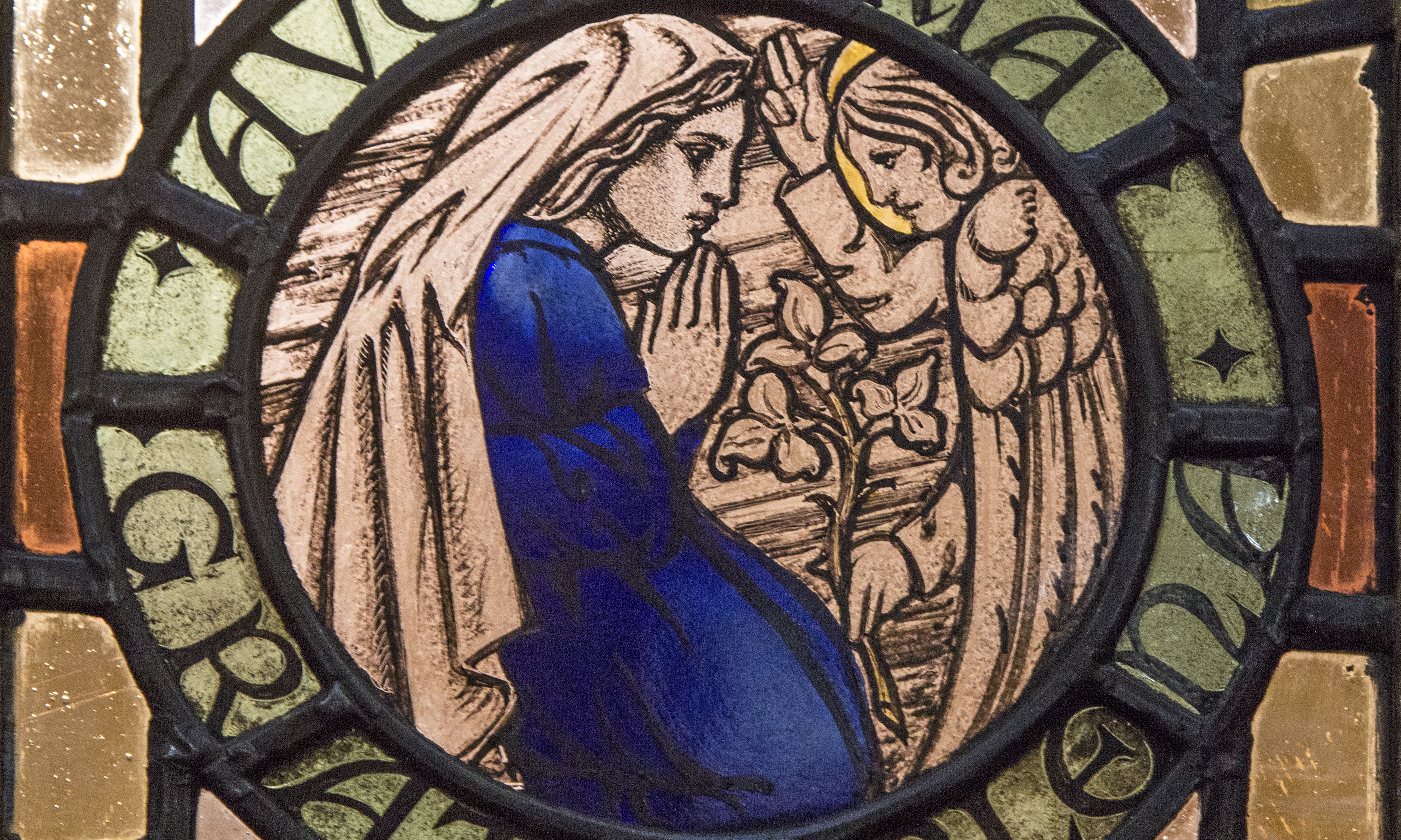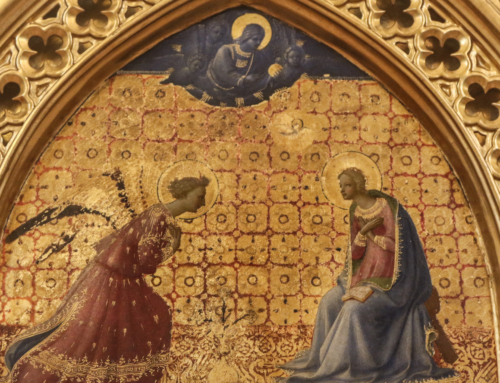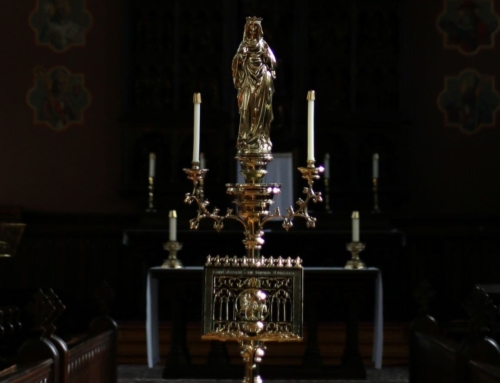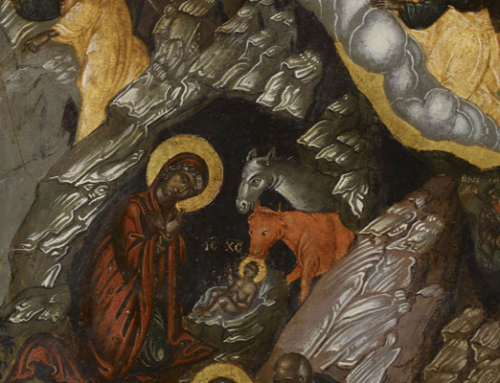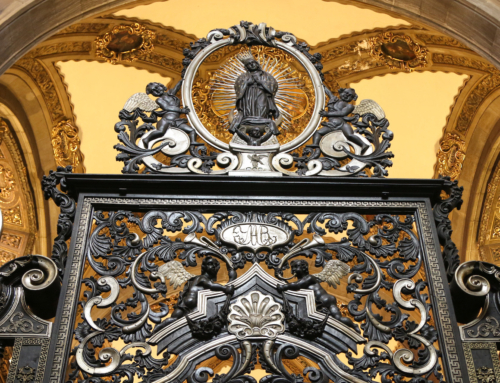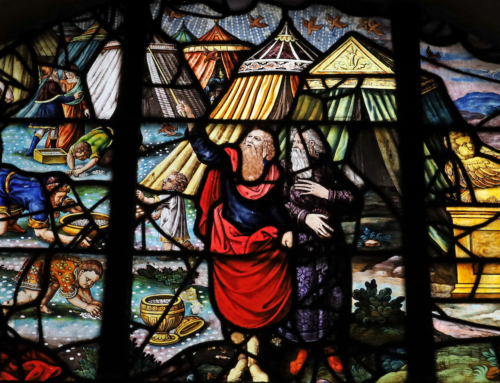St. Anselm of Canterbury defines theology as “faith seeking understanding” (fides quarens intellectum). Simply put, for one to do the work of theology, he or she must start from a position of faith in God. From there, the desire to deepen that faith, to know the “how” of God’s plan (in as much as it is possible) is what the theologian seeks to discover.
In the Annunciation, the Angel Gabriel tells the Virgin Mary that she will conceive and bear the Son of God. “Greatly troubled,” (Lk. 1:29), Mary asks the Angel “how can this be, since I have no husband?” (Lk. 1:34)
Critics of Catholic Marian devotion are quick to point out the similarity between Mary’s question and Zechariah’s a few verses earlier. When Zechariah is told that he and his barren wife Elizabeth will bear a son, he responds with a lack of faith, “how shall I know this?” (Lk 1:18). He is then struck dumb for the duration of his wife’s pregnancy. Like Zechariah, the critics claim, Mary had reservations when the angel spoke to her.
While Zechariah and Mary both question Gabriel when he announces the births of John and Jesus, their starting points could not be any more different. Zechariah approaches the announcement from the position of doubt. His question, “how shall I know this?” portrays a sense of hesitancy in accepting this truth, an unwillingness to accept the great, though improbable wonder of God’s salvific plan. His doubt is based on the reality of Elizabeth’s barrenness, something that could only be remedied by a miracle of God. At this moment, the angel of the Lord is indeed announcing such a miracle! Yet Zechariah has become so used to the situation of their lives that he is unable to see how God is working in their midst.
On the other hand, Mary’s question does not come from the starting point of doubt. She believes what Gabriel says to her. Upon hearing the Good News proclaimed to her, “in her mind” she contemplates “what sort of greeting this might be” (Lk. 1:29). She inquires of the angel, not out of doubt, but out of faith, wondering how God will make his marvelous plan happen. “How can this be” is a question that considers her situation in life (a virgin who has not known man), while at the time knowing that God will be able to make this seemingly impossible situation possible. Mary comes from the starting point of faith, seeking a deeper understanding about how this mystery will unfold. Based on St. Anselm’s definition, Mary would be the first Christian theologian. She believed “that there would be a fulfillment of what was spoken to her from the Lord” (Lk. 1:45).
In a few days, when we gather around the Christmas manger, we will celebrate the great mystery that God has carried out by sending his Son in the flesh. Like Mary, we kneel before the newborn baby in faith, as well as wonder, striving to understand in a deeper way the mystery of salvation that comes in the Incarnate Word. As our faith in God seeks greater understanding, we will come to imitate in a higher way his Mother, Mary the Theologian.
✠
Photo by Fr. Lawrence Lew, O.P. (used with permission)

